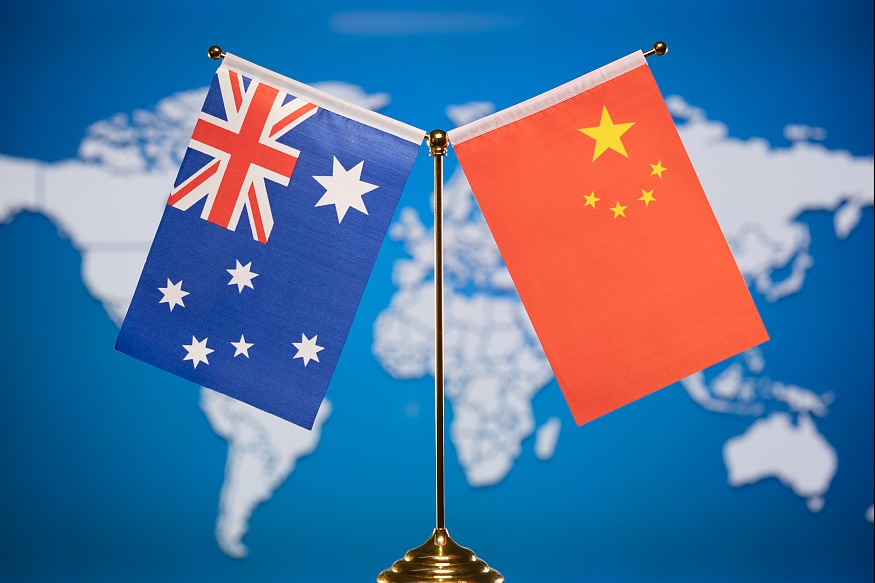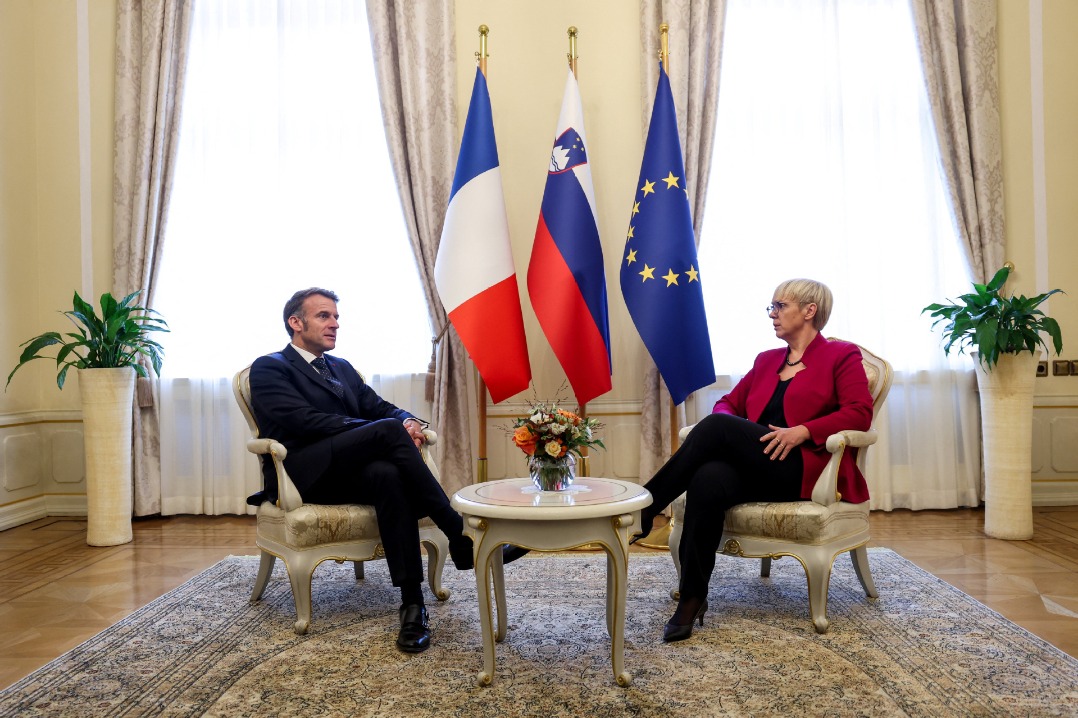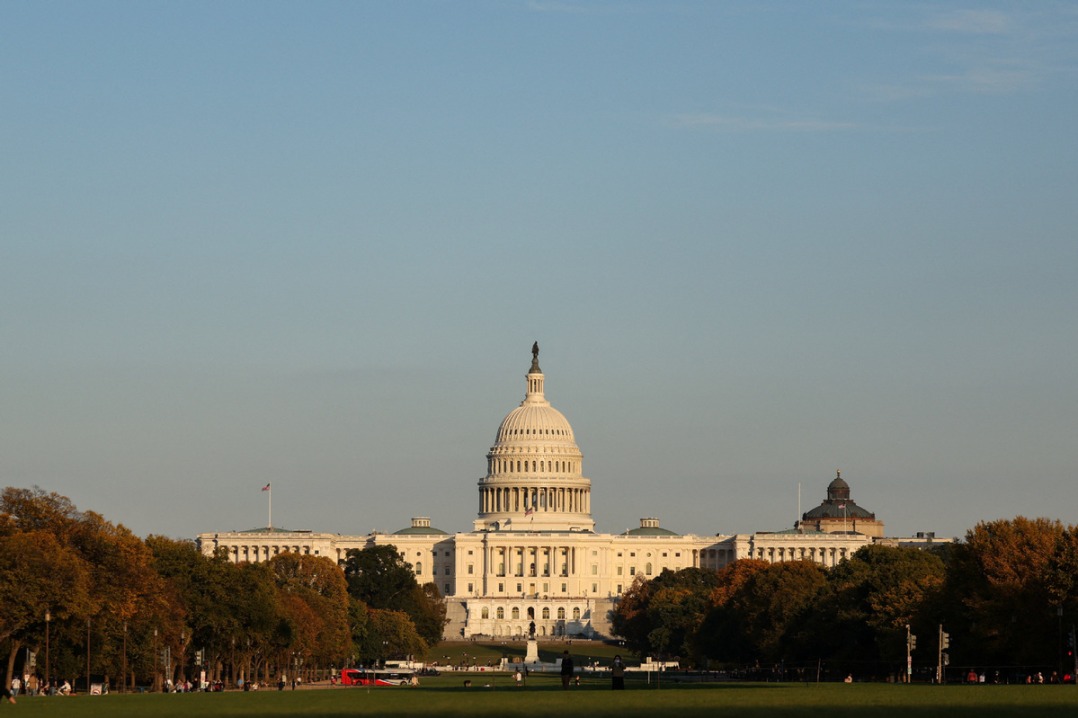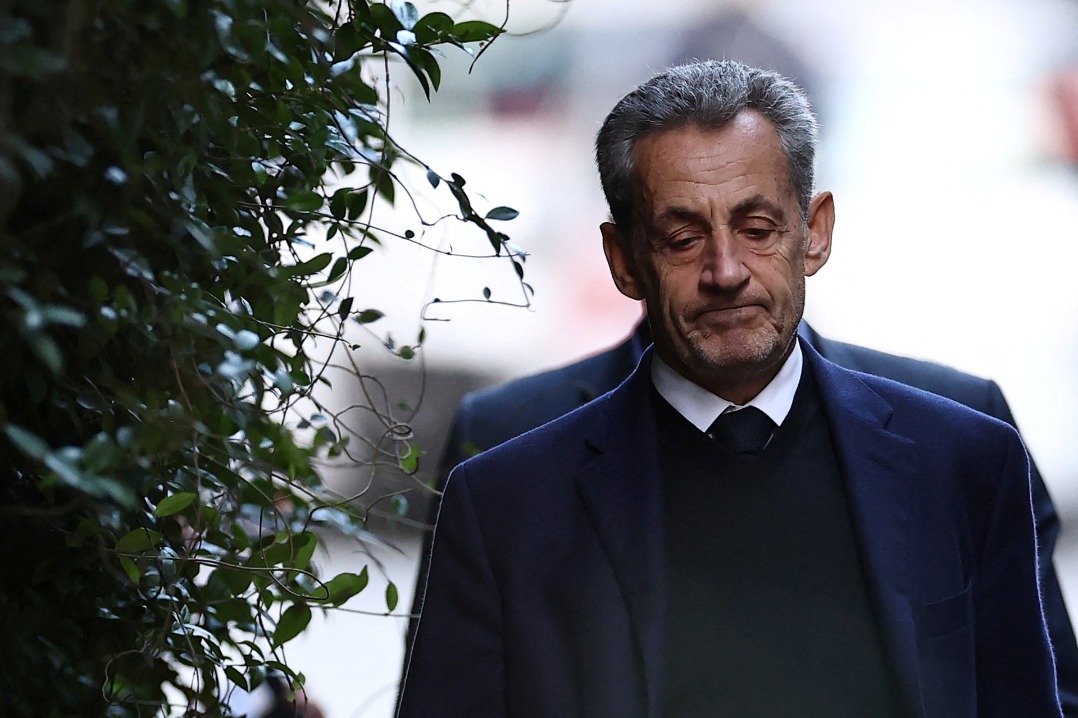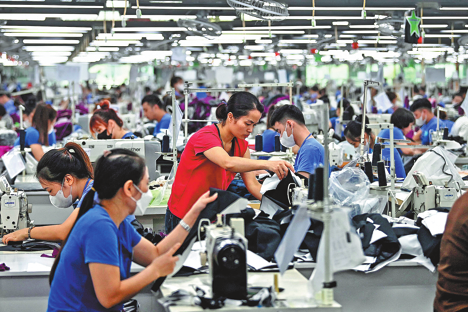Trade groups urge Trump to refrain from harmful tariffs

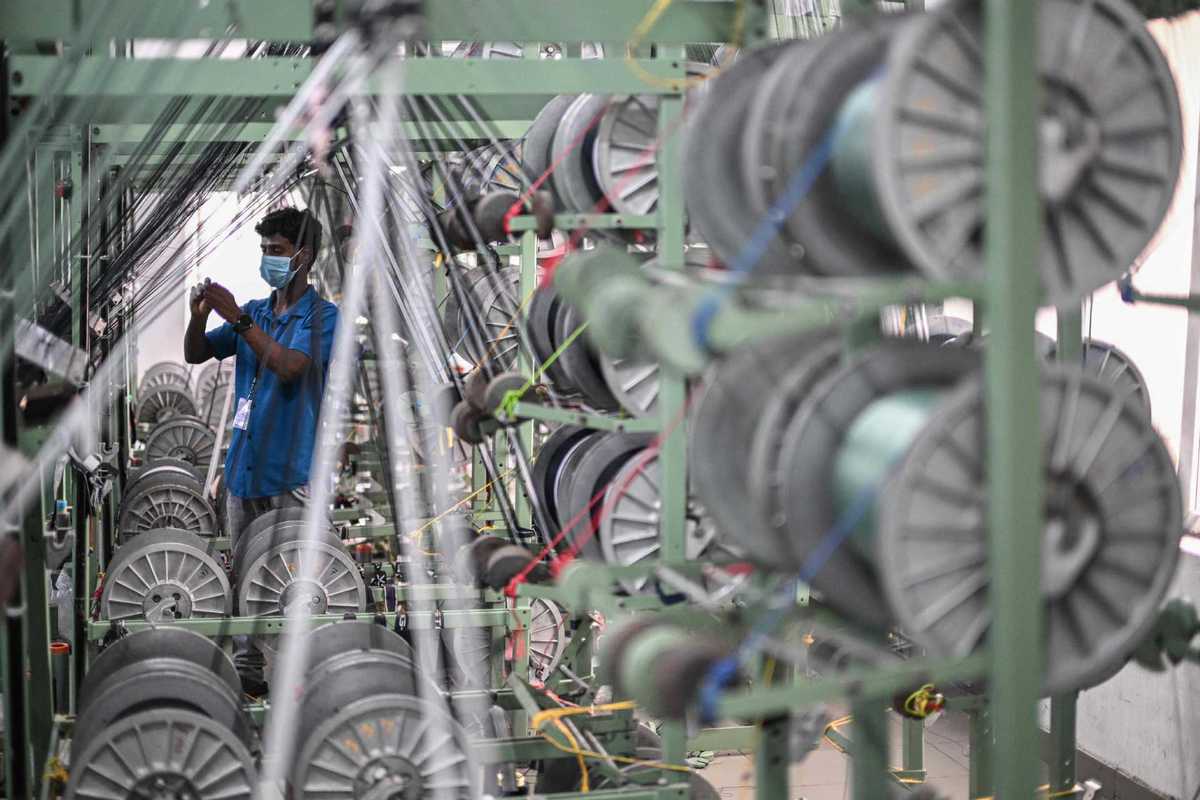
Major US hospital, manufacturer and trade groups are urging the Trump administration to back away from possible tariffs or broad trade restrictions in its latest national-security review of medical imports, arguing that new curbs would raise costs, disrupt supplies and undermine innovation.
The review, under Section 232 of the Trade Expansion Act of 1962 investigation, covers personal protective equipment, medical consumables and medical equipment, including devices, according to a Federal Register notice released on Sept 26.
Stakeholders like the American Association for Homecare say the process could produce tariffs, quotas or other limits as early as 2026.
The National Foreign Trade Council urged the administration to avoid tariffs altogether, arguing that actions on PPE, medical consumables and devices "risk profound negative impacts and costs" for US industry and would strain "a US health care system that is already burdened."
"For this reason, it is imperative that extreme caution be exercised, and we urge against the use of any tariffs and that the administration consider non-tariff responses that support industry competitiveness," the NFTC said in a response to the US Commerce Department probe, posted on its website on Tuesday.
Earlier this month, the lobbying group, whose board includes US firms like Oracle, Amazon and Exxon Mobil, urged the Trump administration to immediately suspend a rule it says halted billions of dollars’ worth of US exports and will prompt China and other countries to drop US firms from their supply chains, Reuters reported on Monday.
In a letter to US President Donald Trump, NFTC President Jake Colvin wrote that the Affiliates Rule, which bars American companies from shipping goods and technology to companies part-owned by sanctioned firms, "has resulted in an immediate pause of billions in US exports, which is contrary to your desire to reduce the trade deficit and increase US exports globally," according to the report.
The NFTC’s comment on the Section 232 probe was one of the more than 800 responses the Commerce Department received from industry stakeholders following a 21-day comment period that ended on Friday.
In its response, the American Hospital Association, which represents nearly 5,000 member hospitals, health systems and other health care organizations in the US, noted that the supply chains for the targeted goods are highly complex, bringing together domestic and international sources.
In 2024 alone, the US imported over $75 billion in medical devices and supplies. Around 30 percent of the medical technology market in the US is imported, while much higher percentages of PPE are sourced internationally, according to an AHA analysis of Census Bureau data.
"Hospitals are especially reliant on international sources for PPE to protect both caregivers and patients," Akinluwa A. Demehin, vice-president of quality and safety policy with the AHA, said in a letter to the Commerce Department.
The AHA noted that in 2023, Chinese manufacturers supplied the majority of N95 and other respirators used in health care, and additionally, China was the source for one-third of disposable face masks, two-thirds of non-disposable face masks and 94 percent of the plastic gloves used in health care settings.
"The low-margin nature of these products makes them difficult to produce sustainably within the US. At the same time, disruption in the availability of these devices would curtail hospitals’ ability to perform life-saving surgeries and keep patients safe from contagion, as well as hinder providers’ ability to effectively diagnose, monitor and treat patients," Demehin said.
The AHA urged a "balanced approach" that includes a tariff-exception process for products in short supply.
It said that medical device tariff exemptions were established in the earlier China trade actions, recognizing the critical role medical equipment plays in the safety and well-being of Americans.
Business Roundtable, an association of more than 200 chief executive officers of America’s leading companies, also cautioned that imposition of Section 232 tariffs "runs a serious risk of threatening American health security, undermining innovation and raising health care costs."
Meanwhile, manufacturers echoed concerns about cost and disruption. For example, the National Association of Manufacturers said it supported the goal of stronger domestic capacity but warned tariffs are "likely to have unintended consequences including increased costs for patients and hospitals and supply chain disruptions."
"While R&D expenditures would not be subject to a tariff, tariffs on medical technology devices, would necessarily increase the cost of research materials and production, which reduces funds available for increased R&D spend in the US," Andrea Durkin, vice-president of international policy with the NAM, said in the organization’s response.
Since early 2025, the Trump White House has increasingly invoked Section 232, not just for the traditional domains of steel, aluminum and autos, but across a wide array of sectors viewed as critical to supply chains and economic resilience, such as semiconductors and technology hardware, pharmaceuticals, critical minerals and aerospace components.
















